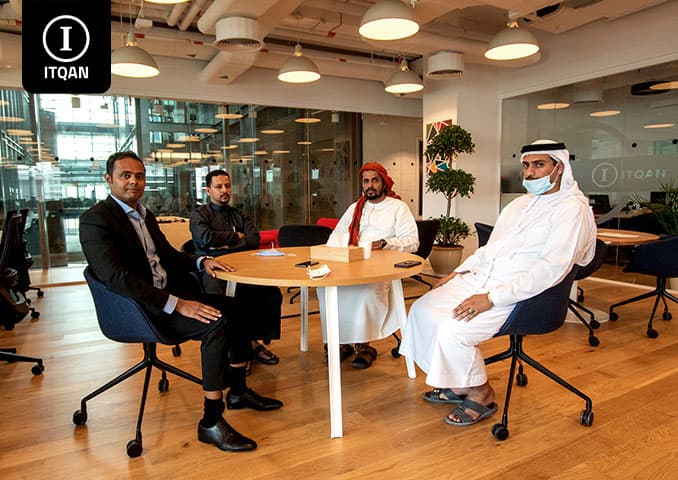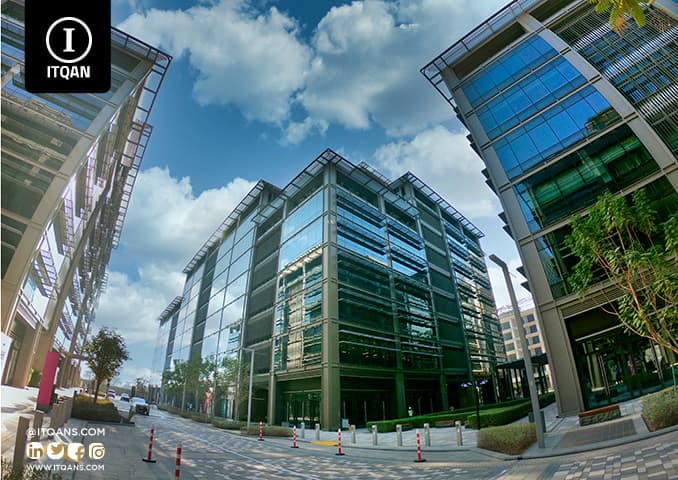What is the cost of a business license in Dubai?
A commercial license is one of the most important pillars that support business growth and open wide doors to opportunities for success. Dubai is an ideal investment destination for local and international investors, thanks to its flexible business environment and business-friendly laws. Hence, understanding the details of a commercial license in Dubai is an essential […]
What is the cost of a business license in Dubai? Read More »











